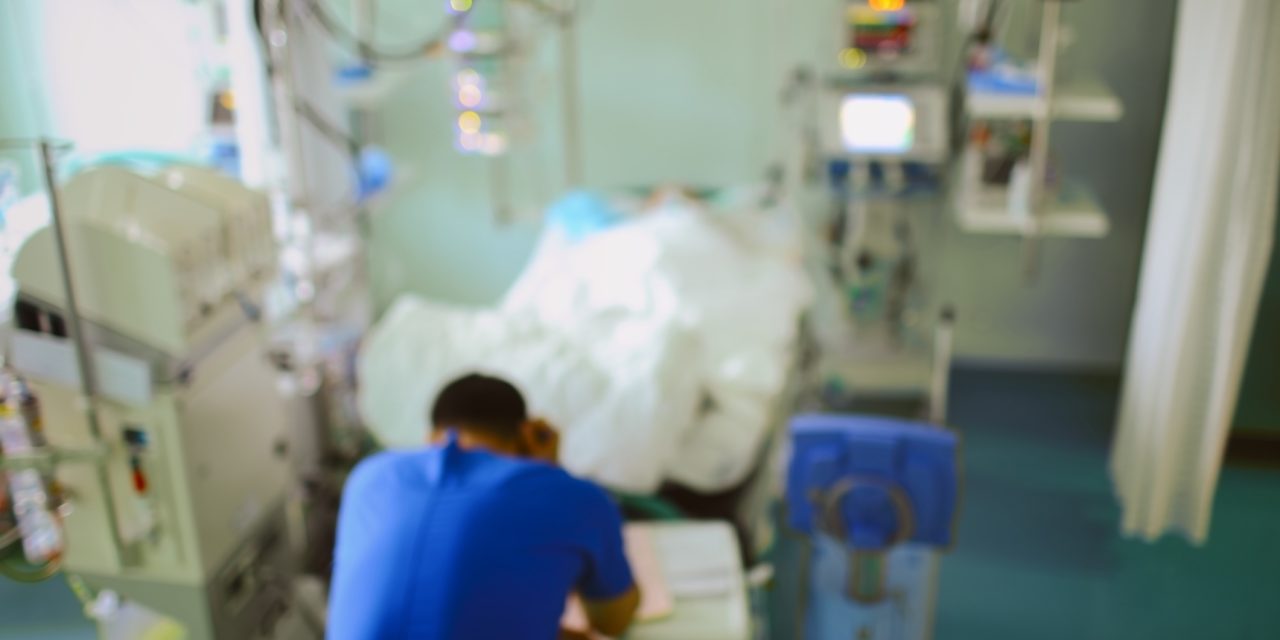Due to the emergence of multi-drug resistant Acinetobacter baumannii strains, there is an urgent need to develop several new strategies to control this bacterium. In this context, vaccination may be the best approach to reduce the morbidity and mortality associated with MDR isolates in vulnerable groups. Serum resistance factors have a key role in the pathogenesis of A. baumannii and can be considered as potential vaccine candidates. This project aimed to evaluate the immunological reactivity of CipA and PBP-7/8 as two serum resistance factors in a combination form against sepsis infections of A. baumannii. Recombinant proteins were obtained and immunological evaluations were performed against sepsis infection in the C57BL/6 mouse model. The data showed a statistically significant increase in total IgG levels in all three immunization regimens (CipA, PBP-7/8, and CipA + PBP-7/8) compared to the control group. The ratios of IgG2c/IgG1 in the CipA, PBP-7/8, and CipA + PBP-7/8 schedules were 8.7, 46.50, and 33.29, respectively. It appears that the immunization schedules developed a strong polarized Th1 response. The cytokine profiles of the three plans showed that IFN-γ was highly concentrated in the combination plan. However, the highest concentration of IL-17 belonged to the PBP-7/8 plan. In conclusion, the data of total IgG, survival rates and splenic bacterial loads showed that the CipA + PBP-7/8 plan was more effective than each protein individually.Copyright © 2021. Published by Elsevier Ltd.
The combination of CipA and PBP-7/8 proteins contribute to the survival of C57BL/6 mice from sepsis of Acinetobacter baumannii.


